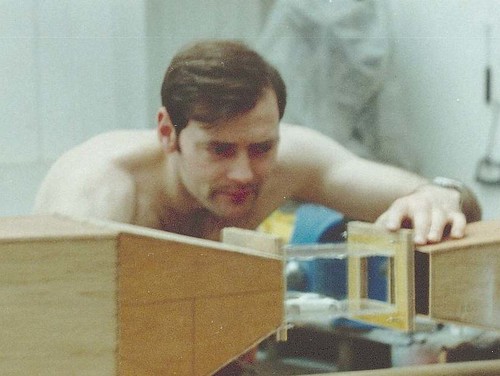
This began as a post about how awesome I was for making a point of watching Cavs/Warriors, and the difficulty of figuring out what to view on any given night. Then I realized that it didn't take a genius to pick that game, so instead I'm going to write about what I learned from Monta Ellis. But first, a few words about the Nuggets.
I always thought that Melo was the force that somehow legitimated Iverson, and all the other miscreants on that squad. That might have been wishful thinking, or aiming too low.
Reader Dave F. recently asked me whether it's possible for a team to made more FD by a decidedly un-FD player, a more traditional guy who serves as the organizing principle. He mentioned Yao, and it's true, under Adelman Yao has at times shown himself capable of both taking part in a more complex offense and holding down the paint. The real test case, though, is Billups. We all know Chauncey used to be a hoot when on Minnesota, and isn't exactly the purest point in the galaxy. But his sense of economy and control do have a conservative streak to them; Nash, Paul, Rose, or Baron are more creative and unpredictable, even if they're closer to the positional archetype. In fact, you could that the ideal PG is supposed to introduce an element of instability to throw off opponents, while themselves maintaining a new-found grasp of this discovery. It's a dualism that explains why today, the league's premier playmakers often find themselves on fast, inventive team—and why all my favorite teams have, or badly need, such a player.

Billups, then, is neither too much nor too little of a point guard, and as such is the perfect equilibrium for a Denver team made up of various forms of excess and lack. His job isn't to encourage K-Mart, J.R., and Nene, but in effect, manage them. Neither dashing "floor general" nor feckless "game manager," Billups is entrusted with turning craziness into a useful commodity, ordering and meting it out so that players are compartmentalized without being squelched. Maybe that makes him a lion-tamer, or the guy in charge of The Wild Bunch. Denver may not have the least conventional roster in the league, but it's certainly the most streaky and combustible. Billups can juggle these pieces (one of which is George Karl, natch) through a combination of equanimity and pragmatism. I will punch you if anyone makes an Obama analogy here.
This isn't as simple as saying "Chauncey Billups runs the offense." He's the star in the middle of the solar system that holds everything else in its stable orbit. And here, we stumble into quite the equivocation, since by conventional measure, Melo is the "star" of that team, and Billups's predecessor, AI, certainly had more star power. But taken literally, the primary function of a star is to provide gravity, cohesion. That can be in the form of leadership, or the more concrete work of Billups I've described. I would say that Iverson was always a bigger star league-wide during his time on Denver than he was on his own team. This might be where stardom ceases to be frivolous, and begins to overlap with terms like "value," and the debates everyone's been having about what makes an All-Star. I think it goes without saying, though, that Billups seems more impressive in this capacity, harnessing the forces of darkness, than at any point in his storied Detroit career. Denver needs him to make sense, but he needs Denver to exhibit just compatible, and essential, he can be to a team.
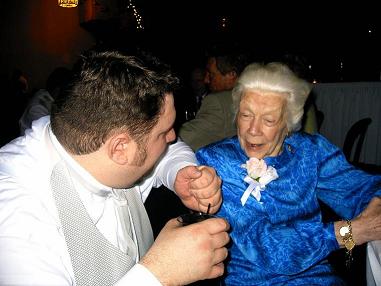
That's because the Pistons were, depending on how you look at it, starless—big planets all floating in a row—or a team of minor stars who didn't care for stragglers. I'm not offering a critique of how Detroit played, more that attitude that earned them so much praise, and yet some always hankering to see them add an uber-component. For instance, as much as I loved this year's Warriors as a scraggly band of freedom fighters hanging out in Oakland and giving other teams nightmares whose ultimate result was mere annoyance, they were most definitely starless, even if Jackson, Crawford and Maggette are prone to the kind of play (and numbers) associated with taking charge and holding things together. I've always found it admirable that Jackson, despite being the captain and arguably that team's Shawn Marion (wholly original piece that dictates the overall structure, even as the PG shapes it from second-to-second), never seemed particularly interested in stardom. Say what you will about S-Jax, but the man is smart about basketball, right down to the way he balances the ethic that made him beloved as a Spur with the inner crazy encouraged by Nellie ball.
And so we finally arrive at Monta's return. That the first game of the year for a player with one good season under his belt, who might be the best player on one of the league's worst teams, seemed like an event should tell you something about Ellis. Well, adjust that for my personal biases, but certainly Ellis has the capacity to captivate and punctuate like no one else on the Warriors. Basketball-wise, Monta's just adding another scorer whose can handle the ball a little. He's not that much better than Crawford. But when he's on the floor with the Warriors, that team suddenly has a sense of purpose. He's not hands-on like Billups, nor is he as vocal as Jackson. And yet all of a sudden, the Warriors have an identity. They're no longer a subversive mess, as likely to undo themselves as to irritate others. They're that same rag-tag people's army, but with a charismatic punch that allows them to believe in themselves. It's a swag-laden way of leading by example. Call it the reverse Ewing theory—a team lacking inner logic for whom a seemingly pointless star is the only way to justify themselves. It's also the best possible explanation for why the Wizards need Arenas, and maybe why the Warriors pursued him this off-season.
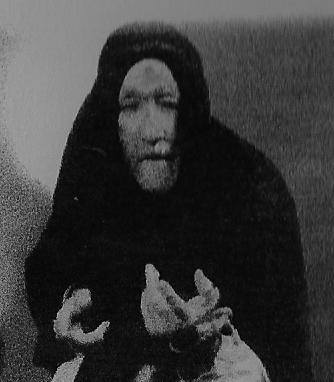
Rather than write an actual conclusion—no way it needs to get any more abstract and high-flown—I'd like to say a few words about the Oklahoma City Thunder. I know that as a resident of Seattle, I should hate this team. Then again, I refuse to hate David Stern, who is far more to blame than, say, Kevin Durant. But along with Denver, LeBron with a healthy team, and presumably now Golden State, they're one of the only squads I can now reliably count on to be entertaining. Yes, Durant's maturation, Westbrook's crash-and-burn progress, and Jeff Green Jeff Green-ing his way to Jeff Green-ness are all rad. However, it's the packaging, the location, and the irrepressible obscurity around them that makes them so compelling. This is an NBA team that, for all intents and purposes, might as well not exist. They play in a city that matters only to the people who live there. Their uniforms are unrelentingly generic, like the plain white can, black type BEER they sell some places. The name of the team seems like a placeholder, unless you bother to acquaint yourself with life in Oklahoma. I kind of admire Clay Bennett for crafting such an utterly blank brand, so strong is his faith in OKC's appetite for NBA ball, plain and simple.
The more this team grows, the more all this seems mysterious, sneaky, or hermetic, rather than simply laughable. When I sleep, I dream of makng a shirt that puts Durant on the cover of Everybody Knows This is Nowhere, and I even think the music serves as a decent soundtrack. By contrast, Hawks/Bobcats were red carpet regulars. This team is living in caves, stockpiling arms, camping out on the Big Love compound. I don't know what their purpose is, but the bare bones image and total lack of exposure makes them seem so much more severe, even unsettling, than if they had a cartoon horse on their unis. Durant's good enough now to reclaim that "assassin" epithet; on this team, it's as haunting as it should be. They may practice an hour's drive from any number of campy militias, but mark my words, the Thunder will be the first NBA team to catch on with Waziristan hobbyists.
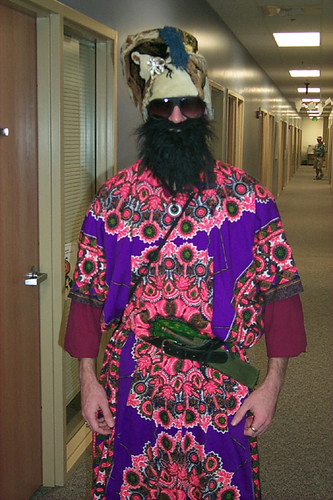






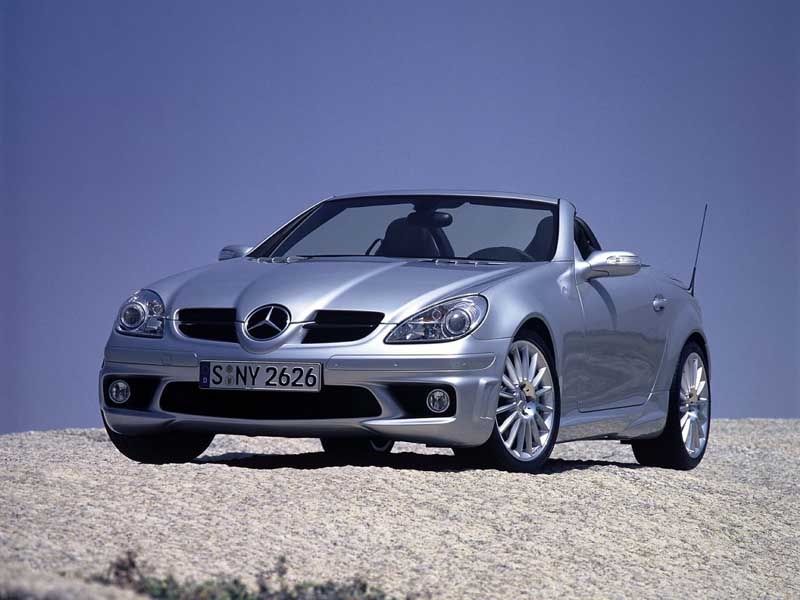

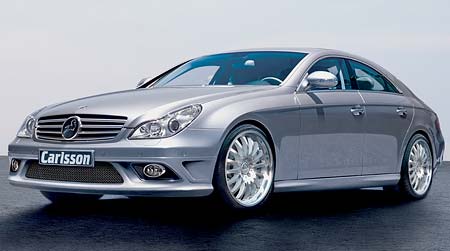






No comments:
Post a Comment